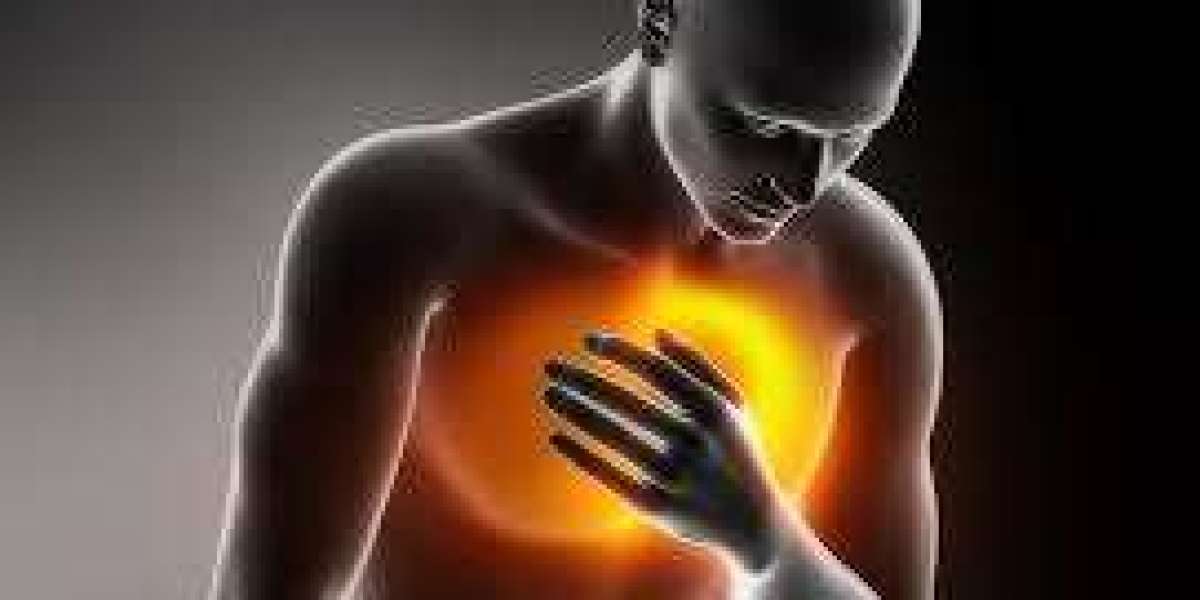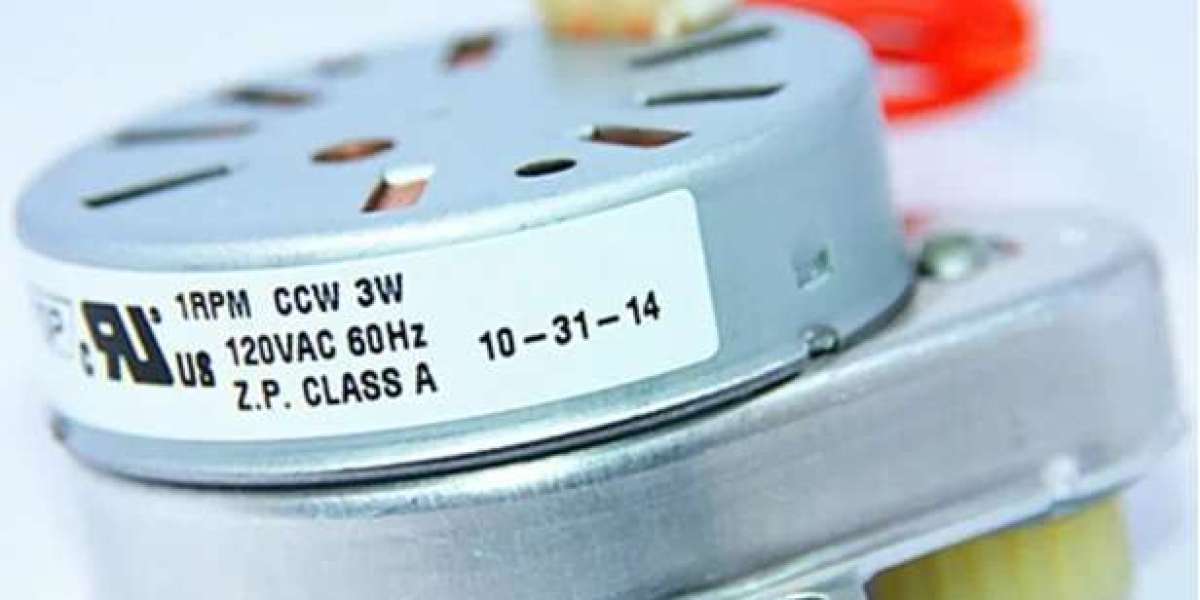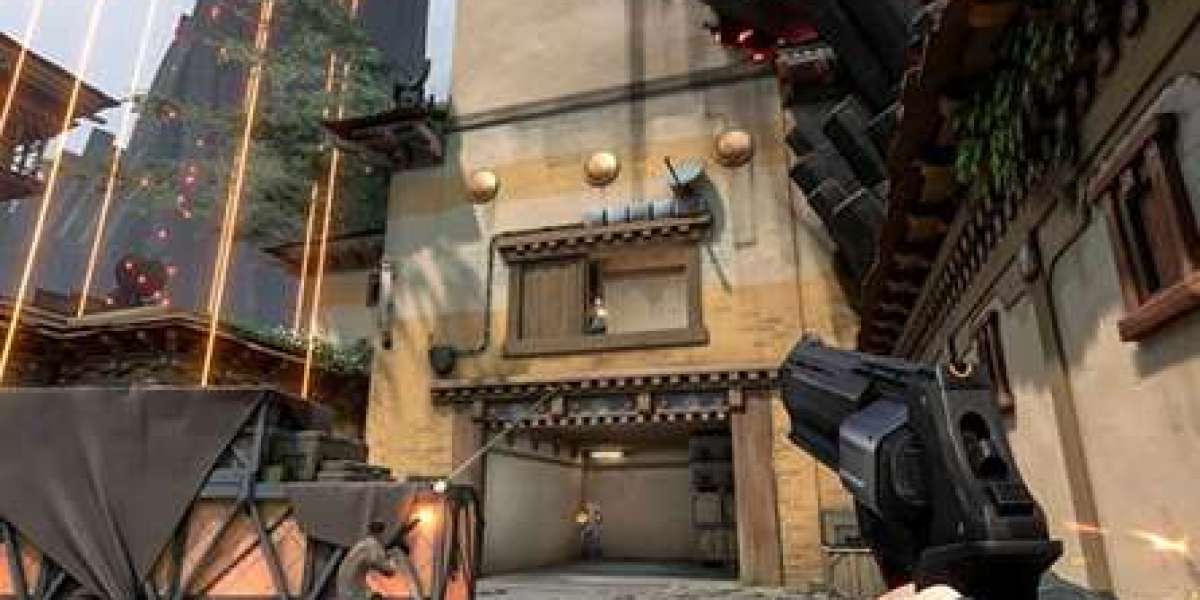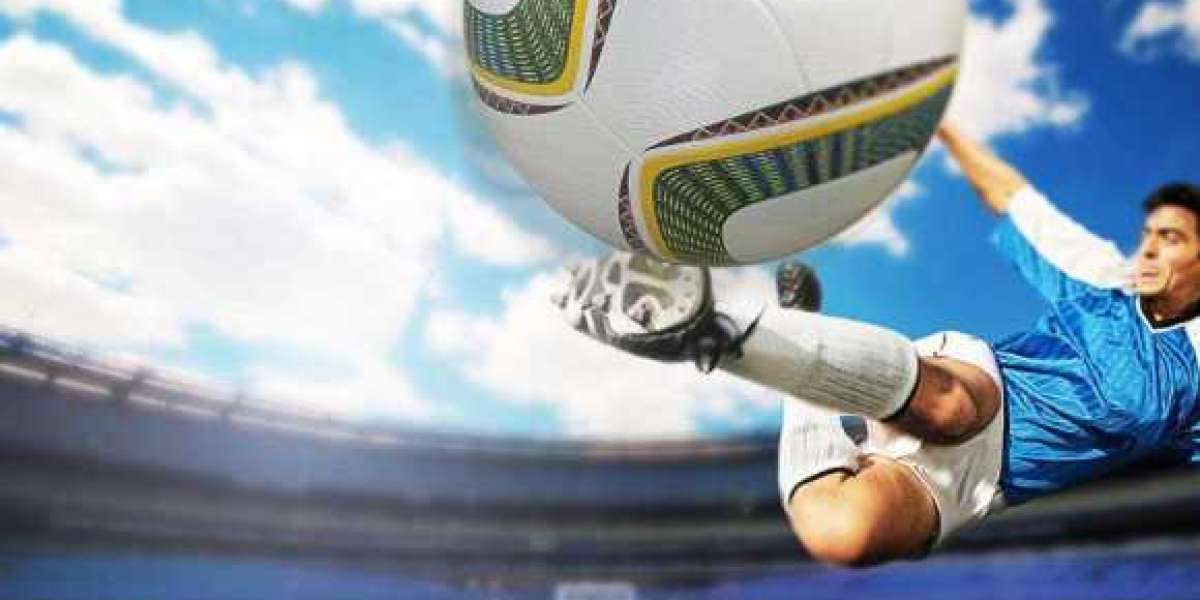Sudden Cardiac Arrest (SCA) is a silent, swift, and often deadly event. Unlike a typical heart attack, SCA can occur without warning and without prior symptoms, often catching both the victim and bystanders off guard. This blog aims to demystify sudden cardiac arrest — what causes it, how it differs from a heart attack, and what you can do to prevent it.
What Is Sudden Cardiac Arrest?
Sudden Cardiac Arrest happens when the heart suddenly and unexpectedly stops beating. This abrupt halt in heartbeat causes blood to stop flowing to the brain and other vital organs, leading to death within minutes if not treated immediately.
SCA is a "electrical problem" of the heart. It usually results from an irregular heartbeat, or arrhythmia, particularly a condition called ventricular fibrillation, where the lower chambers of the heart quiver instead of pumping effectively.
SCA vs. Heart Attack: What’s the Difference?
Many people mistakenly use the terms “heart attack” and “cardiac arrest” interchangeably, but they are not the same.
Heart Attack is a circulation problem. It occurs when blood flow to part of the heart is blocked, usually by a blood clot or plaque.
Sudden Cardiac Arrest is an electrical problem. It happens when the heart’s rhythm becomes chaotic and it can’t pump blood efficiently.
A heart attack can trigger a cardiac arrest, but not all cardiac arrests are caused by heart attacks.
What Causes Sudden Cardiac Arrest?
SCA can happen to anyone, even those with no history of heart disease. Some of the major causes include:
Coronary artery disease – the most common cause in adults
Cardiomyopathy – abnormal heart muscle
Inherited arrhythmias – like Long QT Syndrome
Heart failure
Severe electrolyte imbalances
Drug abuse or overdose
Trauma or a sharp blow to the chest (commotio cordis)
In younger individuals, congenital heart defects are often the root cause.
Warning Signs to Watch For
While SCA often strikes without warning, some people may experience early symptoms hours or even days before, such as:
Unexplained fainting or dizziness
Heart palpitations or a racing heartbeat
Chest discomfort
Shortness of breath
These signs should never be ignored, especially if you have known heart issues.
Immediate Response: Why Every Second Counts
Sudden Cardiac Arrest is a medical emergency that requires immediate action. Here’s what to do if someone collapses and stops breathing:
Call emergency services immediately.
Begin CPR (Cardiopulmonary Resuscitation) – push hard and fast in the center of the chest.
Use an AED (Automated External Defibrillator) if available. These devices can restore normal heart rhythm.
Every minute without defibrillation reduces survival chances by about 10%. Quick action can literally mean the difference between life and death.
Prevention: Lowering Your Risk
While not all cases of SCA can be predicted, certain steps can greatly reduce your risk:
Regular heart check-ups – especially if you have a family history of heart disease or sudden death.
Control blood pressure and cholesterol
Avoid tobacco, drugs, and excessive alcohol
Maintain a healthy weight and exercise regularly
Treat underlying conditions – like arrhythmias or heart failure
Follow your doctor’s advice regarding medication or implantable devices
In some cases, medications that improve circulation and cardiovascular function, such as fildena extra power, may be part of a broader strategy for individuals at risk of heart issues, always under medical guidance.
Living with a Higher Risk of SCA
For those diagnosed with conditions that increase the risk of sudden cardiac arrest, lifestyle modifications and monitoring become vital. Doctors may recommend:
Implantable cardioverter-defibrillators (ICDs)
Anti-arrhythmic medications
Avoiding strenuous activities or high-stress environments
Being informed and prepared is the best defense.
Conclusion
Sudden Cardiac Arrest is a frightening but not unbeatable foe. With awareness, preparation, and fast response, lives can be saved. Don’t wait for symptoms to strike—educate yourself, get your heart checked, and take control of your cardiovascular health today.








